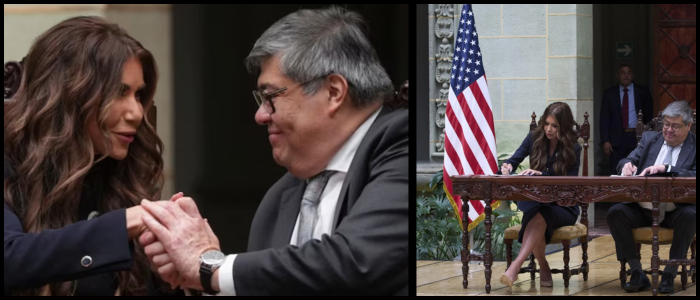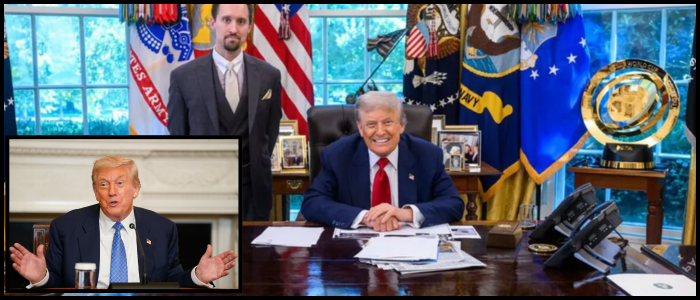Noem said the aim of that is to give asylum-seekers options outside the US. "We believe that the United States shouldn't be the only option," she said, stressing the hope of providing safety and protection through other countries. She also admitted that the agreements had been in the works for months and that the US had been pressing both governments to conclude a deal.
Guatemala, Honduras Reject Accusations; Confusion Reigns
Despite the US announcement, neither Guatemala nor Honduras has publicly acknowledged signing any third-country asylum agreements. The presidential communications office in Guatemala said it had not signed anything having to do with immigration issues or the designation of a safe third country during Noem's visit. The government reconfirmed that it would be only a temporary stop for Central Americans being returned to their countries.
Wilson Paz, the director of immigration in Honduras, also dismissed that any such deal was agreed. The country's foreign ministry has not responded to the claim.
But Noem maintained that she had been given a signed agreement during her meeting in Guatemala. She cited a subsequent public signing of a memorandum of understanding for a Joint Security Program, which permits United States border officials to help screen people at Guatemala City's international airport. The deal was never explicitly extended to asylum matters.
Regional Response and Broader Context
The announcement is part of a larger Trump administration initiative to decrease the number of people claiming asylum in the US by referring migrants to other countries. El Salvador, Guatemala and Honduras, all of which have few resources and weak asylum systems but agreed to similar pacts earlier in Trump's first term, voiced strong concern about the decision.
New pacts signed in February by US Secretary of State Marco Rubio are with El Salvador and Guatemala. In Guatemala's case, the country would not be an asylum destination for migrants, only a transit point for those being returned to their home countries. The agreement allowed the United States to send migrants to be held in El Salvador.
Mexico has refused to sign any third-country agreement, but Mexican President Claudia Sheinbaum said that since Trump resumed office, Mexico has "hosted" more than 5,000 migrants for humanitarian reasons. Panama and Costa Rica have also signed agreements, but the flow of migrants sent to those countries has been limited.
These agreements give the US greater latitude in how it deals with asylum seekers, especially those from countries where direct deportation is problematic. Yet the lack of transparency regarding the extent of these agreements, coupled with ongoing contradictory state announcements, has left many wondering about the legality, practicality and long-term impact of these measures.
Politics

US Claims Asylum Deals with Guatemala, Honduras Amid Denials

The US has also signed asylum deals with Guatemala and Honduras, in a bid to dissuade migrants from filing claims in the US and instead provide a safer alternative in a third country as part of changes to the US asylum process. The announcement was made by Homeland Security Secretary Kristi Noem at the conclusion of her visit to Central America and means that, between them, the two countries will grant refugee status to people from other countries.















